Subir Gokarn, a realist and an optimist
He was a sharp, innovative economist who combined empathy and an understanding of India’s ground realities with memorable modesty. In his passing is the loss of a deep talent
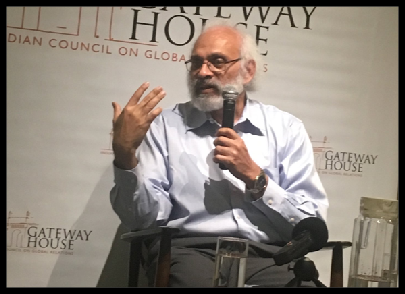 Courtesy: Gateway House
Courtesy: Gateway House
He was a sharp, innovative economist who combined empathy and an understanding of India’s ground realities with memorable modesty. In his passing is the loss of a deep talent
 Courtesy: Gateway House
Courtesy: Gateway House
Data localisation, or the practice of physically storing data on servers located within a country, has become a subject of robust debate after India introduced data localisation provisions in its domestic laws. India’s position is not unique; China and Russia too have similar laws. It has pitted countries against each other. This Gateway House primer explains the complexities of data localisation and its elements
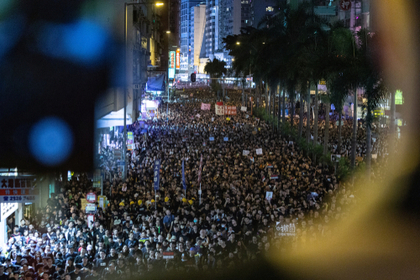 Courtesy: Shutterstock
Courtesy: Shutterstock
The extradition bill for Hong Kong, which drew massive protests, has been put into suspension. The bill is not just a matter of concern for the island state, but a global signal too. The people of Hong Kong want it to withdrawn completely and are pushing for the issue to be raised at the G20 Osaka summit on 28-29 June 2019
 Courtesy: Shutterstock
Courtesy: Shutterstock
The results of the European Parliament elections, held late last month, served as an eye-opener for individual member states, such as Germany. A former ambassador to Germany offers an analysis of the leadership changes afoot, shifting coalitions – and also the prospect of stability amidst all the flux
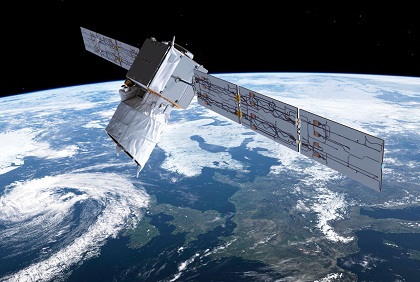 Courtesy: IEEE Spectrum
Courtesy: IEEE Spectrum
The Basic Exchange and Cooperation Agreement for Geospatial Cooperation (BECA), the last of the India-U.S. foundational agreements, will enable India to avail of U.S. expertise on geospatial intelligence and to sharpen the accuracy of weapons and automated hardware systems used for military purposes. But the over-emphasis on imaging in the agreement overlooks the likelihood of a clash between the telecom and meteorological technologies, which can hurt India’s crucial capabilities in space-based weather forecasting and disaster management
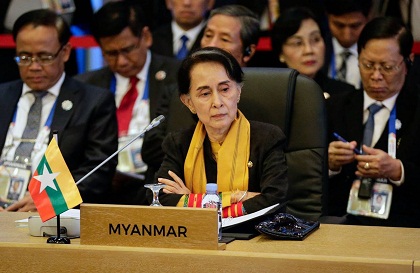 Courtesy: The Wall Street Journal
Courtesy: The Wall Street Journal
The Aung San Suu Kyi-led National League for Democracy, which has been in power for three years, has shown a modest score card, winning more censure than praise. Suu Kyi’s civilian-military equation has been good, but not her reluctance on the Rohingya issue. What chances does her party have of winning in Myanmar’s elections in 2020?
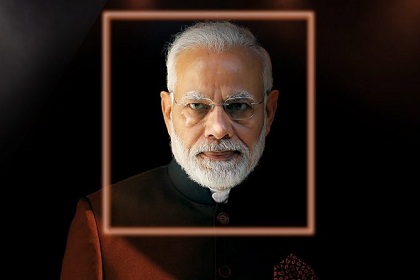 Courtesy: CNBC TV18
Courtesy: CNBC TV18
India's foreign policy under the second Modi government will take account of a turbulent world in which the old verities are disappearing and domestic political compulsions exert overwhelming influence on external postures
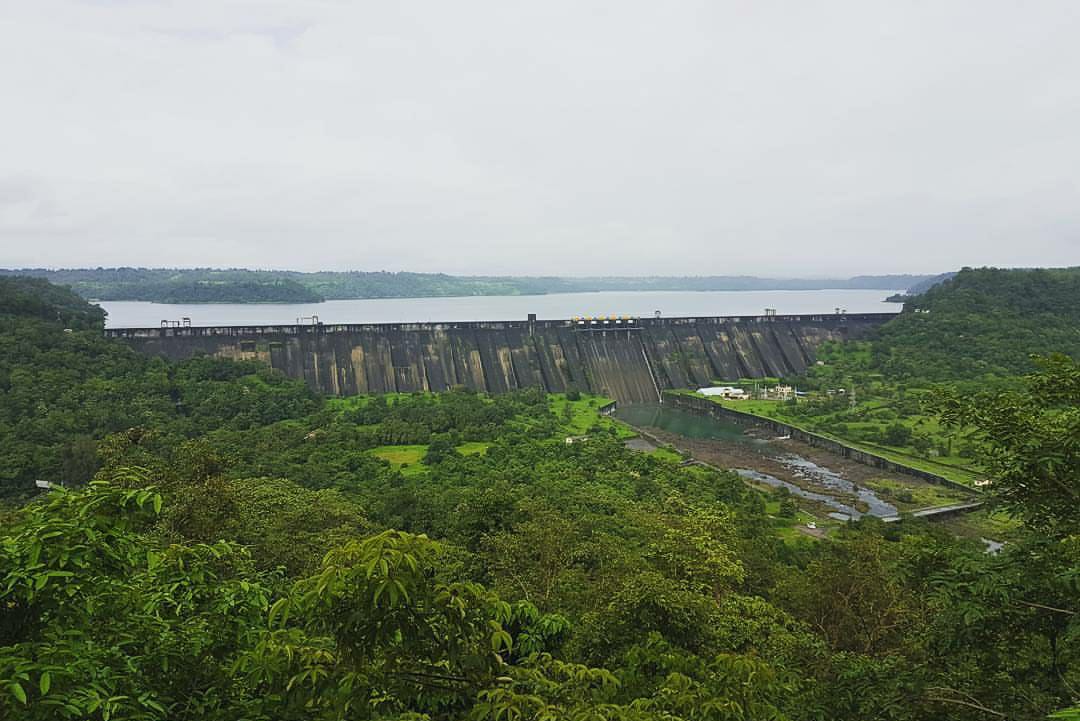 Courtesy: Gateway House
Courtesy: Gateway House
The re-election of the Bharatiya Janata Party to Parliament means that India’s infrastructure buildout will continue apace. This will be a heavy load on the environment. It will also have to abide by Prime Minister Modi’s commitment to the successful implementation of the Sustainable Development Goals (SDGs) by 2030. This offers an opportunity for the government to think innovatively about measures for sustainable development, particularly in pricing nature
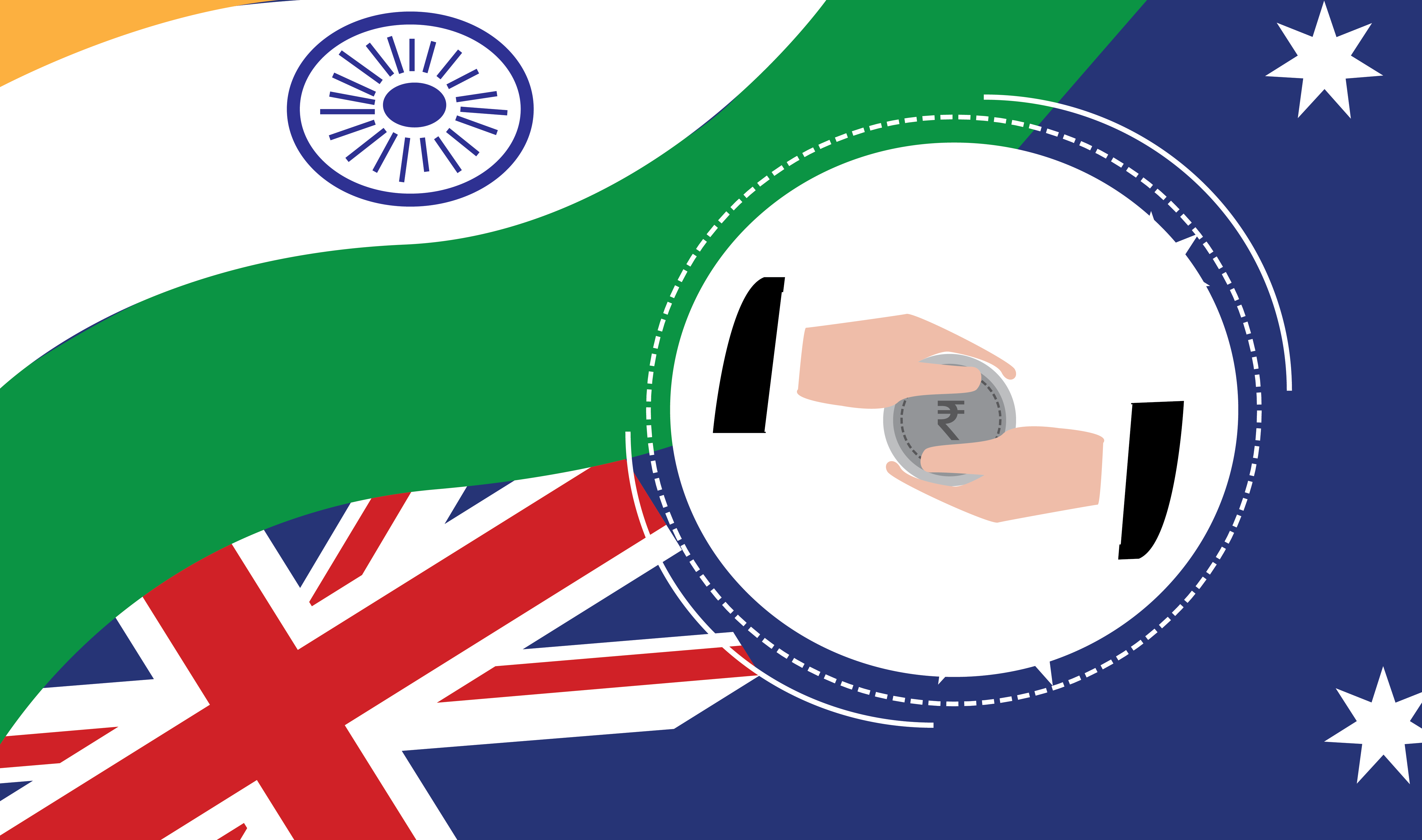 Courtesy: Gateway House
Courtesy: Gateway House
The Bilateral Investment Treaty has been losing favour as a dispute resolution mechanism since the recession of 2008. India has terminated several BITs after receiving an unfavourable award in a 2012 case. These terminations have created uncertainty regarding existing foreign investments and are not the answer to disputes. A balance is needed, especially for emerging markets, which must protect against claims whilst ensuring confidence in business. The analysis below provides some options
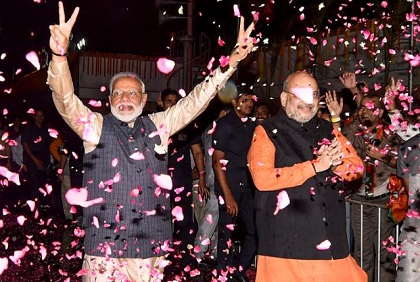 Courtesy: India Today
Courtesy: India Today
The Bharatiya Janata Party, led by Prime Minister Narendra Modi, has been returned to power for another five years, till 2024. In the run-up to the national elections, the author travelled to Bengal and Uttar Pradesh, two of India’s most important states, to gauge the mood of the electorate, and to assess the economic and political conditions on the ground since the last election in 2014. She found a new generation with big dreams, and a population whose basic needs were being met. Economic citizenry has trumped identity politics. Modi is the leitmotif for this India, and they look to him to lead them into a middle class future.